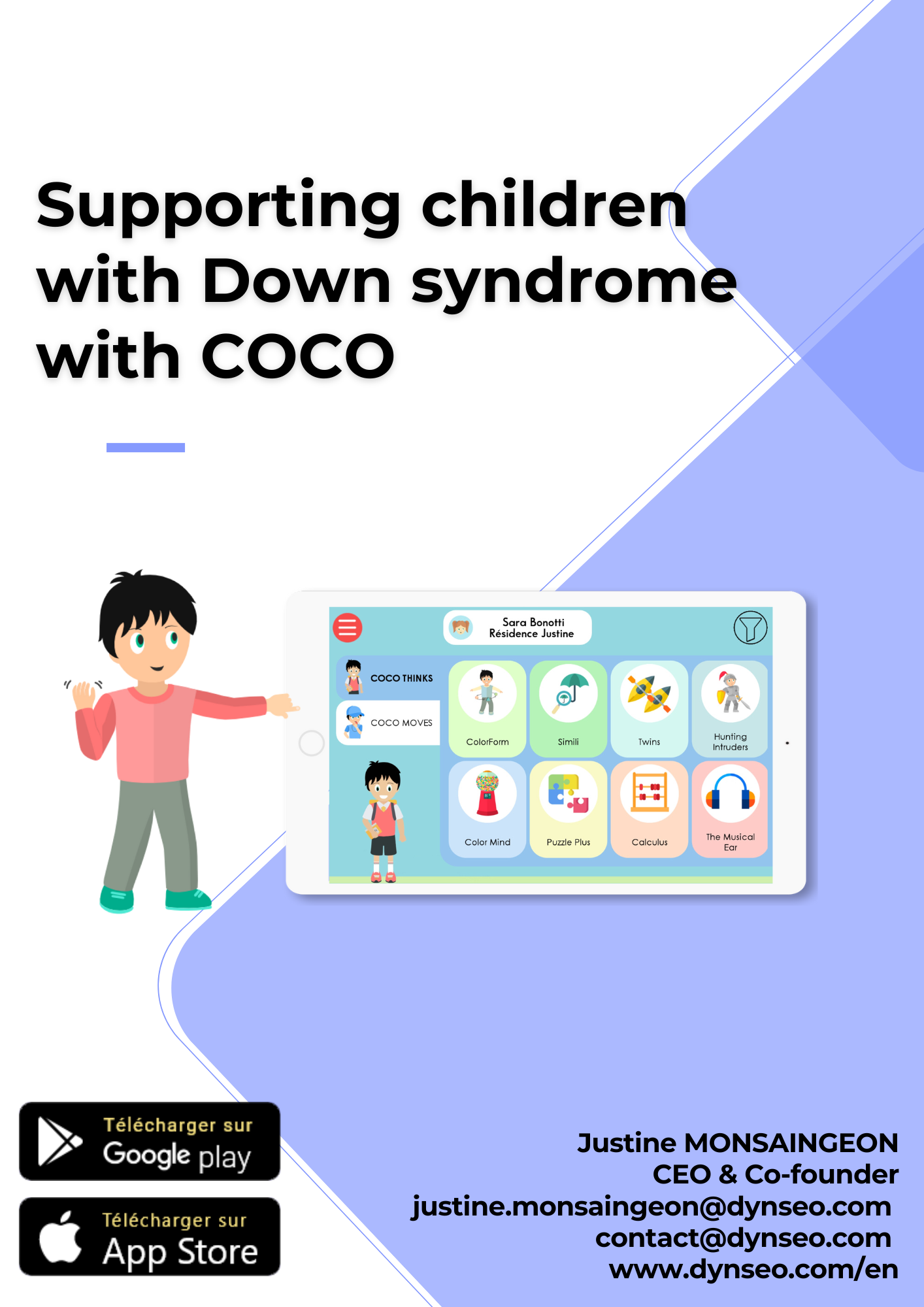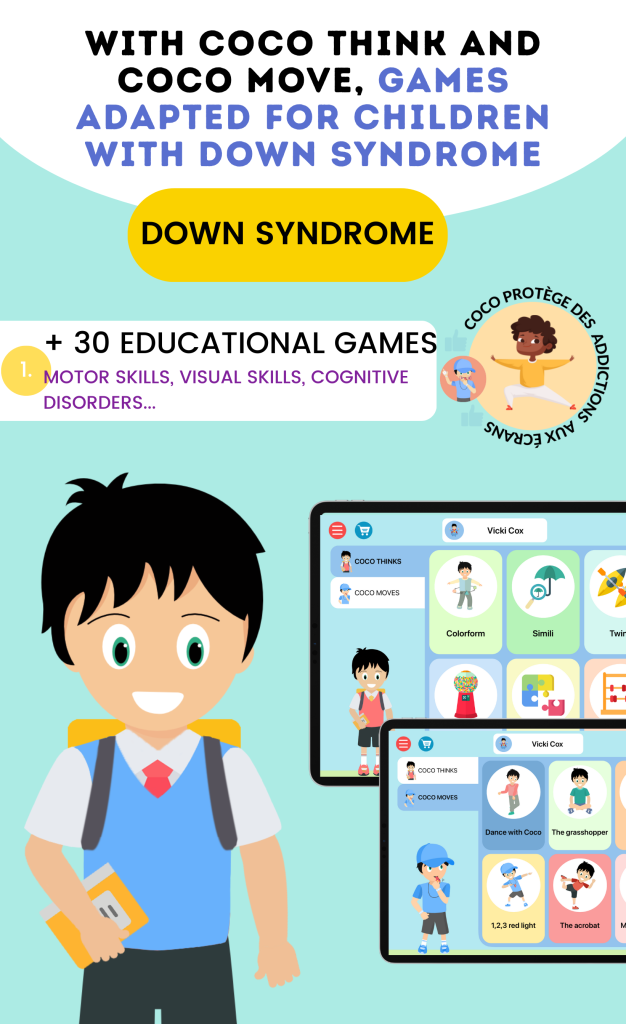Down syndrome, a genetic condition caused by the presence of an extra chromosome 21, affects approximately 1 in every 700 births. This chromosomal anomaly leads to a range of physical and intellectual challenges, which can vary significantly from one individual to another. As we delve into the complexities of Down syndrome, we recognize that it is not merely a medical diagnosis but a multifaceted condition that influences the lives of individuals and their families.Understanding Down syndrome requires us to appreciate the unique strengths and challenges faced by those who live with it. As we explore the world of Down syndrome, we must also acknowledge the societal perceptions and misconceptions that often accompany it. Historically, individuals with Down syndrome have been marginalized, leading to a lack of awareness and understanding about their capabilities.However, as we continue to educate ourselves and advocate for inclusivity, we see a shift in attitudes. Many individuals with Down syndrome lead fulfilling lives, contributing to their communities in meaningful ways. Our journey into this topic will highlight the importance of comprehensive support systems, particularly the role of healthcare professionals in enhancing the quality of life for those with Down syndrome.
Importance of Healthcare Professionals for Individuals with Down Syndrome
Healthcare professionals play a pivotal role in the lives of individuals with Down syndrome. Their expertise not only aids in the early detection and management of health issues but also provides essential support for families navigating the complexities of this condition. We recognize that individuals with Down syndrome often face a higher risk of certain medical conditions, including congenital heart defects, respiratory issues, and gastrointestinal problems.Therefore, having a dedicated team of healthcare providers is crucial for ensuring that these individuals receive timely and appropriate care. Moreover, healthcare professionals serve as advocates for individuals with Down syndrome, helping to bridge the gap between medical knowledge and everyday life. They empower families with information about available resources, therapies, and educational opportunities.By fostering open communication and collaboration among various specialists, healthcare professionals create a holistic approach to care that addresses not only physical health but also emotional and developmental needs. This comprehensive support system is vital for promoting the overall well-being of individuals with Down syndrome.Pediatricians and Primary Care Physicians

Speech and Language Therapists
Speech and language therapists play an integral role in supporting individuals with Down syndrome as they develop communication skills. Many children with this condition experience delays in speech and language development, making it essential for them to receive targeted intervention early on. These therapists employ various techniques tailored to each child's unique needs, helping them improve their ability to express themselves effectively.In our experience, speech therapy not only enhances communication skills but also boosts confidence in social interactions. As children learn to articulate their thoughts and feelings, they become more engaged in conversations with peers and family members. This newfound ability fosters connections and relationships that are vital for emotional development.Furthermore, speech therapists often collaborate with other professionals, such as educators and occupational therapists, to create a comprehensive approach that addresses all aspects of a child's development.◆ ◆ ◆
Occupational Therapists
Occupational therapists (OTs) are essential in helping individuals with Down syndrome develop the skills necessary for daily living. These professionals focus on enhancing fine motor skills, self-care abilities, and sensory processing, which are often areas of difficulty for those with this condition. Through personalized interventions, OTs empower individuals to achieve greater independence in their daily activities.We have witnessed firsthand how occupational therapy can transform lives. By working on tasks such as dressing, feeding, and grooming, individuals gain confidence in their abilities and learn to navigate their environments more effectively. Additionally, OTs often incorporate play into their sessions, making therapy enjoyable while promoting skill development.This playful approach not only engages children but also encourages them to practice new skills in a supportive setting.Special Education Teachers

Genetic Counselors
Genetic counselors play a crucial role in providing families with information about Down syndrome and its implications. They offer guidance on genetic testing options, helping parents understand the likelihood of having a child with this condition based on family history or previous pregnancies. By facilitating informed decision-making, genetic counselors empower families to navigate their options with confidence.Moreover, genetic counselors provide ongoing support throughout the journey of raising a child with Down syndrome. They help families understand the medical aspects of the condition while addressing emotional concerns that may arise during pregnancy or after diagnosis. By fostering open communication and providing resources, genetic counselors serve as invaluable allies for families as they seek to understand and embrace their child's unique journey.◆ ◆ ◆




